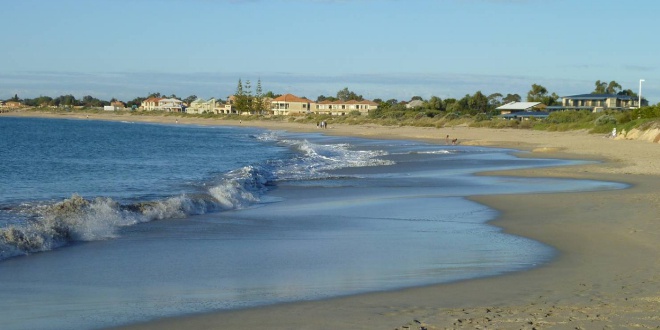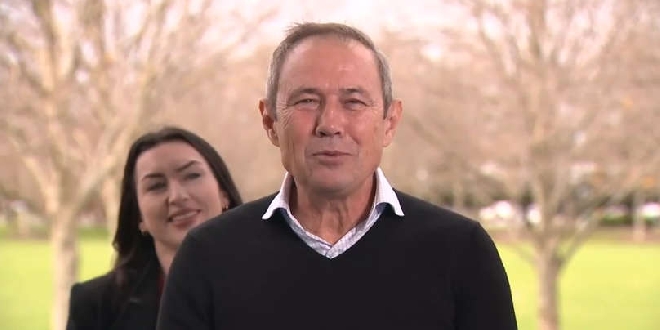
Climate experts are concerned if we don't get moving on making positive changes to our pollution and emissions then rising sea levels and flooded coastlines would be inevitable.
The Nature Communications latest research has found while Australia's efforts to tackle climate change are at a standstill the country would be contributing to rising sea-levels and coastal flooding events around the globe.
The “Committed sea-level rise under the Paris Agreement and the legacy of delayed mitigation action” report found global sea levels are expected to rise between 0.7 and 1.2 metres by 2300.
Climate Councillor and international climate scientist, Professor Will Steffen said the new research showed for every five year delay on cutting greenhouse gas pollution and tackling climate change, another 20 centimetres would be added to sea levels.
“The window of opportunity to tackle climate change is rapidly closing. This is yet another warning signal that Australia must urgently slash its rising greenhouse gas pollution levels now and over the coming decades,” he said.
“We are currently the global laggard and are not even close to doing our fair share to tackle climate change.
"There is now a mounting body of evidence that sea-levels rise, even if we manage to meet the Paris targets, will be a serious issue for centuries to come.”
Satellite observation research from the University of Colorado found sea-level rise was accelerating and that factor put us on track for a 65 cm increase in average sea level by 2100, compared to the 2005 level.
Professor Steffen said the implications for Australia were serious, with much of the nation’s infrastructure hugging coastlines.
“Towards the end of the century we could see an increase in coastal flooding events by a hundred, or even a thousand-fold, for many of Australia’s coastal cities,” he said.
“The Federal Government must move to rollout strong climate and energy policy that embraces the transition to clean, affordable and reliable renewable energy, moving away from polluting, expensive and inefficient fossil fuels.
“The failure of Australia to join the global effort to cut its rising pollution levels now and over the coming decades risks committing us to worsening extreme weather, events, including severe heatwaves, supercharged storms, bushfires and floods, along with rising sea levels for many centuries into the future.”



 Kangaroo found shot in the head with arrow near Mandurah
Kangaroo found shot in the head with arrow near Mandurah
 State Government considers two extra public holidays
State Government considers two extra public holidays
 Missing man last seen in Greenfields
Missing man last seen in Greenfields
 Bunbury investors see healthy rental yields in one year
Bunbury investors see healthy rental yields in one year
 Driver dies in Meadow Springs crash
Driver dies in Meadow Springs crash
 Artists from near and far selected as finalists in the City of Rockingham's Castaways Sculpture Awards
Artists from near and far selected as finalists in the City of Rockingham's Castaways Sculpture Awards
 Pedestrian killed in Forrest Highway crash
Pedestrian killed in Forrest Highway crash
 Baldivis childcare centre fined $45k after toddler wanders away from excursion group
Baldivis childcare centre fined $45k after toddler wanders away from excursion group
 Byford tradie accused of taking deposits for renovations but not carrying out the work
Byford tradie accused of taking deposits for renovations but not carrying out the work